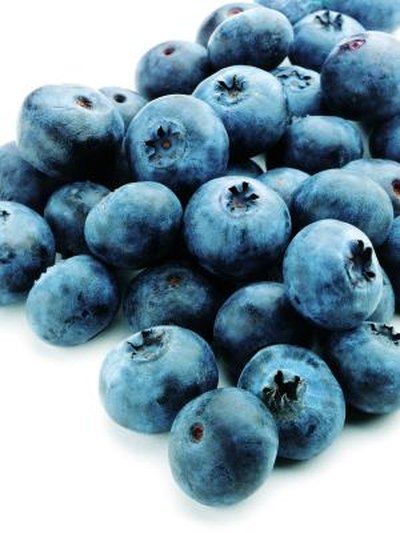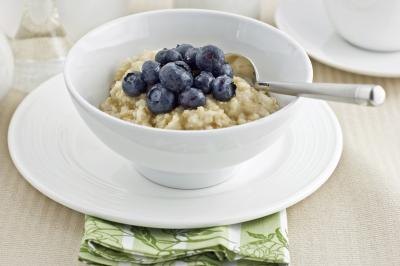Author
by
http://www.livestrong.com/article/247614-what-vitamins-do-grapes-contain/
by
The U.S. Department of Agriculture recommends that healthy adult men and women consume 2 cups of fruit each day. A cup of most sliced or chopped raw fruits fulfills half of this requirement, including 1 cup of whole grapes – equivalent to about 32 whole seedless grapes. Both the red and green varieties are low in fat, high in fiber and a source of essential vitamins.
Vitamin K
Each 1-cup serving of fresh grapes contains 22 micrograms of vitamin K. For a man, this amount supplies 18 percent of his recommended daily allowance; for a woman, a cup of grapes fulfills 24 percent of her vitamin K requirement per day. Your body needs adequate vitamin K to build strong bones and to synthesize several of the proteins required for blood coagulation. If your diet lacks foods rich in vitamin K, you may be more likely to develop osteoporosis or bleed too much when injured.
Vitamin B-6
As an adult, you should get at least 1.3 milligrams of vitamin B-6 each day. Grapes contain 0.13 milligrams of vitamin B-6 in every cup, supplying 10 percent of the required daily intake. Also known as pyridoxine, vitamin B-6 is necessary for the production of neurotransmitters and hormones such as serotonin. Along with other B vitamins, it helps you metabolize the protein, fats and carbohydrates in your diet. People who consume plenty of vitamin B-6 may have a lower risk of depression, heart disease and rheumatoid arthritis, according to University of Maryland Medical Center.
Thiamin Source
Every 1-cup serving of fresh grapes supplies 0.1 milligram of thiamin, or vitamin B-1. Consuming this amount of grapes would fulfill 8.3 percent of a man's daily requirement of the nutrient and 9 percent of a woman's recommended intake. Because this isn't a very good source of the vitamin, you can't get your daily recommended intake from grapes alone. Thiamin supports the health of your immune system and aids in the production of adenosine triphosphate, the primary compound your cells use for energy. Most Americans aren't severely deficient in thiamin, says UMMC, but if you regularly don't get enough, you may have a higher risk of developing cataracts.
Riboflavin Needs
Riboflavin, another member of the B family of vitamins, is needed to synthesize red blood cells, to support nervous system function and to help prevent free radical compounds from damaging DNA or cellular tissue. You may have a higher risk of cataracts if your diet doesn't contain enough riboflavin. You may also suffer from digestive disorders or fatigue. A 1-cup serving of grapes contains approximately 0.1 milligram of riboflavin, or about 7.6 percent of a man's recommended daily intake and 9 percent of a woman's. Consume additional sources of riboflavin to meet your DRI.
http://www.livestrong.com/article/247614-what-vitamins-do-grapes-contain/















